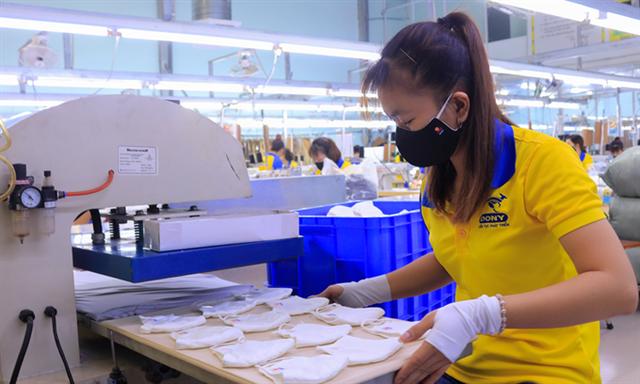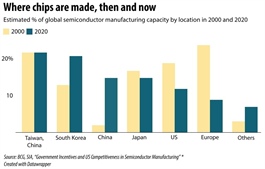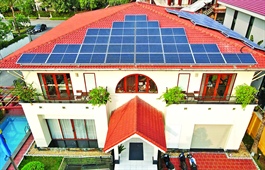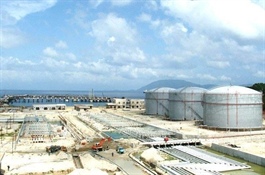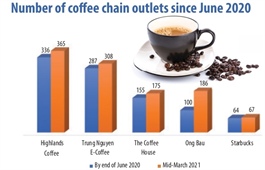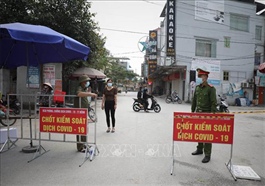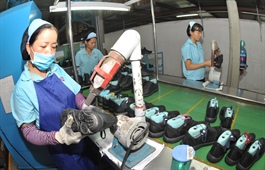Textile industry wants its workers prioritized for Covid vaccination
Textile industry wants its workers prioritized for Covid vaccination
Garment and textile companies want their workers vaccinated against Covid-19 on a priority basis, and said they could buy the vaccine directly from the suppliers.
A woman makes masks at a factory in Tan Binh District, Ho Chi Minh City. Photo by VnExpress/Nguyet Nhi.
|
Vu Duc Giang, chairman of the Vietnam Textile and Apparel Association (VITAS), said a proposal sent to the Government for the purpose is meant to speed up progress in "achieving community immunity and help enterprises stabilize production."
The worsening pandemic situation in the industrial zones is a big concern for enterprises and their workers, he added.
The number of infected workers was 466 as of Monday, including 369 in the northern province of Bac Giang, according to the Vietnam General Confederation of Labor.
Bac Giang on Tuesday decided to shut down four industrial parks, Van Trung, Quang Chau, Dinh Tram in Viet Yen District, and Song Khe – Noi Hoang in Yen Dung District.
Nguyen Van Thoi, chairman of apparel manufacturer TNG Investment and Trading JSC, which employs over 16,000 workers in Thai Nguyen Province, said the company has earmarked funds to buy vaccines for its workers and wants the government to connect it with suppliers.
It has also strengthened Covid prevention measures by ensuring social distancing in its factory in Thai Nguyen and telling employees coming from the two severely affected provinces of Bac Giang and Bac Ninh to temporarily stay at home.
The chief of a textile firm in Hung Yen Province, who sought anonymity, said the government should accept funding from other sources to buy the vaccines.
Textile and garment exports rose 9 percent year-on-year to over US$9.5 billion in the first four months of 2021, according to the Ministry of Industry and Trade, which attributed the rise to the revival in some main export markets and free trade agreements.
Vietnam has nearly 400 industrial parks, 30 border gate economic zones and 20 coastal economic zones, which employ nearly four million workers.


